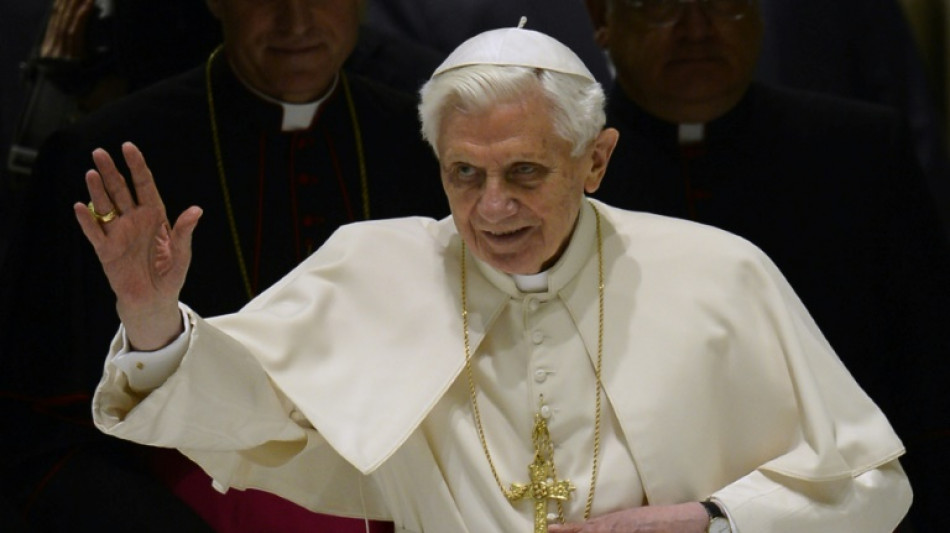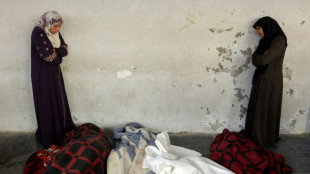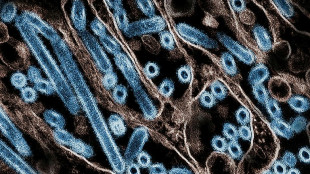

Insomnia drove late Pope Benedict to resign: report
Recently deceased ex-pope Benedict described years of persistent sleeping troubles as the "main reason" behind his shock decision to step down in 2013, according to a German media report Friday.
Benedict was plagued by insomnia almost "constantly" from the start of his time as pope in 2005, according to a letter written a few weeks before his death on New Year's Eve.
In the message to his biographer Peter Seewald, obtained by German magazine Focus, Benedict said "strong" pills prescribed to him by his doctor meant he was still able to fulfil his duties as head of the Catholic Church.
The drugs however "reached their limits", meaning the ailing German pontiff was less and less available, he said in the letter dated October 28, 2022.
A nasty accident on a papal visit to Mexico and Cuba in March 2012 precipitated Benedict's final decision to resign.
On the first morning of the trip, Benedict found his handkerchief "totally drenched in blood".
"I must have hit something in the bathroom and fallen," Benedict wrote in the letter, according to Focus.
Following the incident, his doctor pushed for a "reduction" in Benedict's use of sleeping pills and insisted that Benedict only participate in morning events on future foreign trips.
It was quickly clear to Benedict that the medical restrictions could only be followed "for a short time", he wrote, leading him to announce he would step down in 2013 before the next major trip to Brazil.
Benedict shocked the world with his announcement, making him the first pope in nearly six hundred years to step down.
He struggled to contain numerous scandals in the Church during his papacy, not least the worldwide scourge of clerical sex abuse and decades of cover-ups.
Following his resignation, he took the title of pope emeritus and continued to live in the Vatican, alongside his successor Francis.
Benedict's health had declined further before he died aged 95, and he had almost entirely withdrawn from public view.
H.Erikson--MP




